
Investing
Sustainably
PROTECTING AND ENHANCING
VALUE OVER THE LONG TERM
Integrating material sustainability considerations throughout our processes supports our wider objective to manage risks and create value for our clients over the long term, to build secure financial futures.
OUR APPROACH
Pantheon recognizes that material sustainability factors and related real-world outcomes connected to our investment activities are important considerations in managing risk and creating value for our clients over the long term.
We consider sustainability principles in both our investments and the operation of our business, for the benefit of our clients and other key stakeholders. We have a long-standing commitment to these principles, evidenced by the fact we were one of the early signatories to the UN Principles for Responsible Investment (PRI) in 2007 – and we continue to prioritize integration of sustainability factors in private markets.
Read our Sustainability Reports and Policy below to find out more about how we integrate sustainability factors throughout our investment, monitoring and reporting processes. You can also click below to view our Private Markets Sustainability Index (PMSI), which provides a detailed overview of the key themes and trends in sustainability integration across private markets.

Report

Policy









History
Find out more about our long-term commitment to investing sustainably:
- New Sustainability Scorecards to systematically integrate sustainability into investment due diligence
- Eimear Palmer, Global Head of Sustainability
- Joined Initiative Climat International (iCI)
- Launched iCI APAC chapter
- Launched Pantheon Infrastructure Plc, which promotes certain environmental characteristics
- Integrated RepRisk into due diligence processes
- Joined PRI Private Equity Advisory Committee
- Appointed external reputation monitoring service, RepRisk, as data provider for ESG monitoring
- Sustainability considerations formally integrated into investment due diligence processes
- Joined PRI Steering Committee
- Became second private markets firm globally to sign up to the Principles for Responsible Investment (PRI)
OUR SUSTAINABILITY PARTNERSHIPS
Pantheon partners with leading industry organizations championing global standards and best practices in reporting and monitoring of sustainability issues more broadly, and climate risks and opportunities in particular.
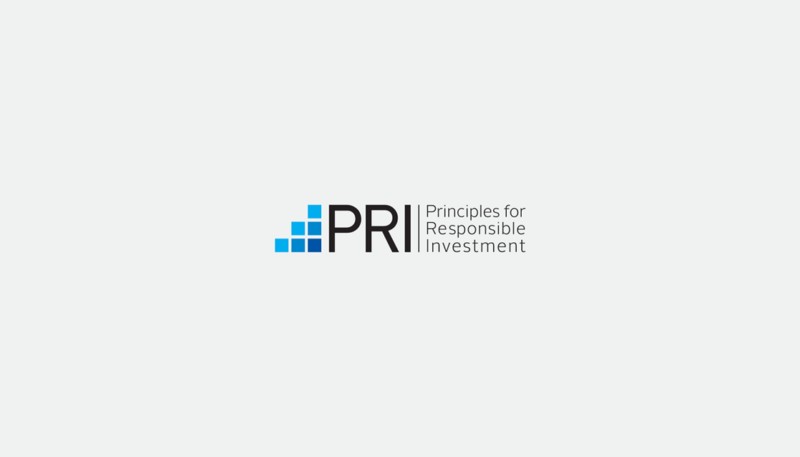
PRI
The UN Principles for Responsible Investment (PRI) is the world’s leading proponent of responsible investment. Its purpose is to understand the investment implications of sustainability factors and to support its investor signatories in incorporating these factors into their investment and ownership decisions. Pantheon signed the PRI in 2007.
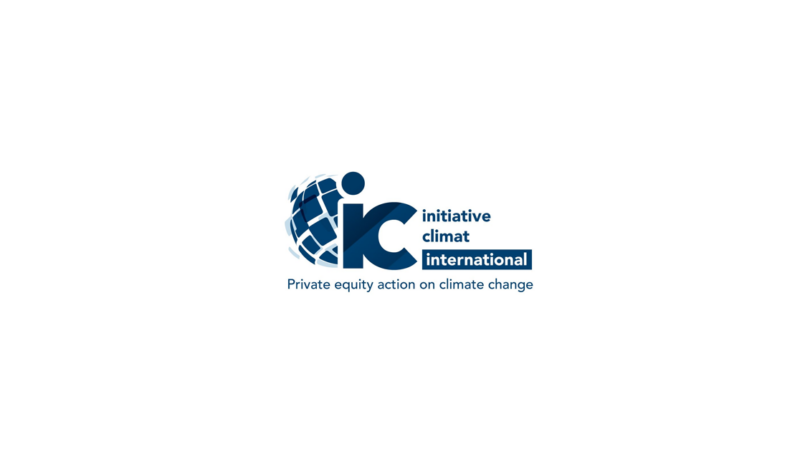
iCI
Pantheon is a member and joined the LP working group of iCI – Initiative Climat International, a collective commitment to understand and reduce carbon emissions of private equity-backed companies that is backed by the UN.
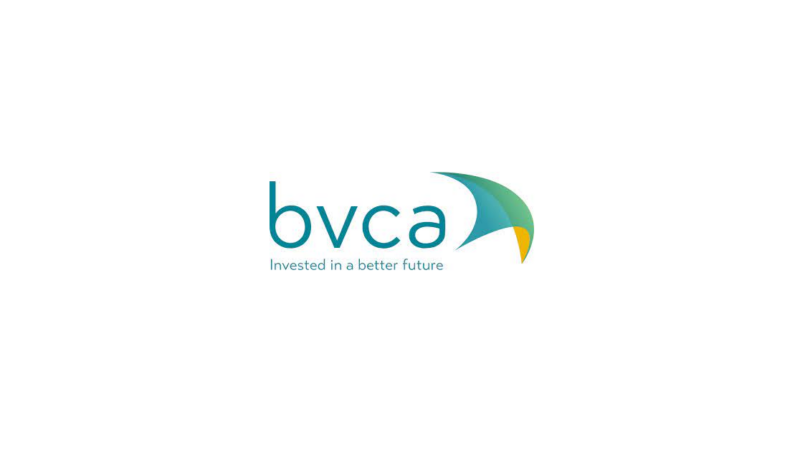
BVCA
Pantheon is a long-standing member of the BVCA, the UK private equity industry association, and is proud to be represented on both its ESG Committee and Responsible Investment Advisory Group.
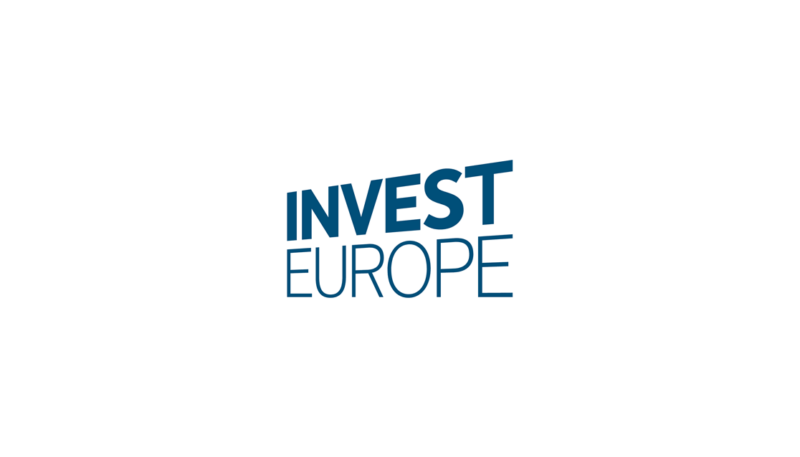
INVEST EUROPE
Pantheon is a member and supporter of Invest Europe, the European private equity trade association, and supports its efforts to promote best practice in sustainability through representation on its ESG Committee.
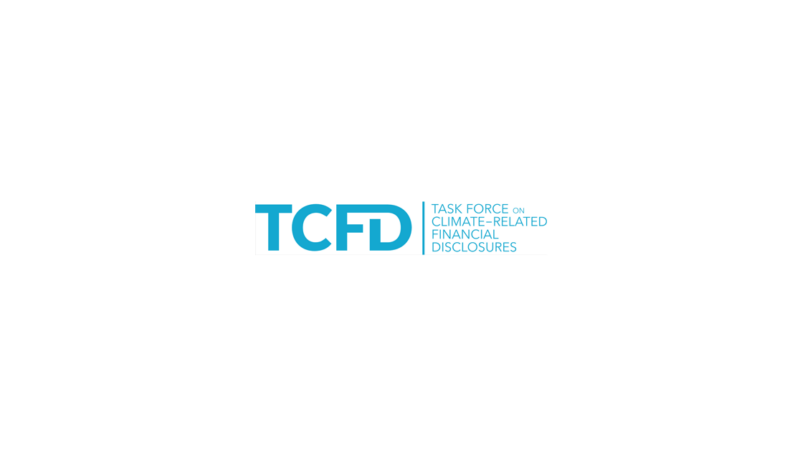
TCFD
Pantheon is a supporter of the Task Force on Climate-related Financial Disclosures (TCFD) and contributed to a guide, produced by the BVCA and iCI, on how to implement TCFD recommendations in private equity.
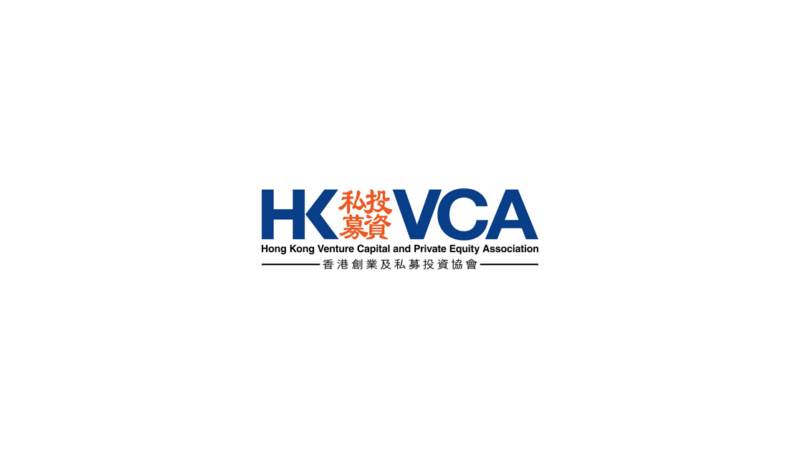
HKVCA
Pantheon initiated the establishment of the ESG Committee of the Hong Kong Venture Capital and Private Equity Association. The HKVCA’s mission is to encourage a vibrant VC and PE industry in Asia while promoting the role of member firms in value creation, innovation and economic development.
As part of our roles in various sustainability industry initiatives, including iCI, BVCA and Invest Europe, we provided feedback on behalf of Pantheon and our industry peers to regulatory consultations, including the FCA’s consultation in 2023 on Sustainability Disclosure Requirements (SDR) and investment labels and the ESA’s 2023 consultation on proposed changes to the SFDR Regulatory Technical Standards (RTS).
Regulatory Disclosures
Pantheon undertook an assessment of our 2021 operational emissions, including Scope 1, 2 and certain Scope 3 emissions (related to business travel) across our global offices to better understand our emissions using a tool aligned with the principles and recommendations of the GHG protocols standards. The findings of the analysis are as follows:
- Scope 1 emissions – 113 tCO2e
- Scope 2 emissions – 89 tCO2e
- Scope 3 emissions (business travel) – 88 tCO2e
Article 4(1)(b): Article 4 of the EU Regulation on Sustainability-Related Disclosures in the Financial Services Sector (Regulation (EU) 2019/2088) (the “SFDR”) provides a framework designed to provide transparency in relation to the adverse impacts of investment decisions on sustainability factors.
Article 5: Pantheon’s remuneration policy (which is maintained in line with applicable regulatory requirements) takes into account the manner in which sustainability risks are integrated into its investment decision-making process as described in its Sustainability Policy.
Article 8: Product Web Disclosures
- PGIF V – SFDR Web Disclosure
- PGIF V Euro Feeder – SFDR Web Disclosure
- PGIF V USD Feeder – SFDR Web Disclosure
- PGIF IV – SFDR Web Disclosure
- PGIF IV FEEDER – SFDR Web Disclosure
- PGIF IV Euro – SFDR Web Disclosure
- PGIF IV Euro FEEDER – SFDR Web Disclosure
- PSDE III – SFDR Website Disclosure
- PSDE III Lux Feeder – SFDR Website Disclosure
- SPPD III – SFDR Web Disclosure
- SPPD III Feeder – SFDR Web Disclosure
Although Pantheon is not a signatory to the UK Stewardship Code, which is principally focused on public equity investments, the principles contained within the UK Stewardship Code are akin to Pantheon’s ongoing active engagement with the managers in which we invest. Effective post-investment care and the maintenance of close relationships are important to maximize the value of Pantheon’s fund investments, protect client interests and to evaluate the investment activity within each fund.
SRD II seeks to promote shareholder engagement and is part of a series of EU wide measures intended to improve stewardship and corporate governance. The Directive aims to encourage effective stewardship, in part, by improving transparency about how stewardship is exercised across the institutional investment community. Underpinning it is an assumption that greater transparency will make effective stewardship a differentiating factor across firms and that this will encourage higher standards. Among other things, the Directive imposes requirements on asset owners and asset managers to develop and publicly disclose (on a comply or explain basis) an engagement policy. It also requires them to disclose annually how this policy has been implemented.
Pantheon has not adopted an engagement policy (pursuant to Article 3g of SRDII) on the basis that it considers SRD II is largely inapplicable to Pantheon’s investment strategies, which are focused on investment in private, illiquid assets. Pantheon does have policies regarding proxy voting as well as corporate responsibility and sustainability issues and considers that the principles behind this approach are aligned with those of SRD II. This includes the monitoring of portfolio investments, exercising of voting rights attached to portfolio investments and engagement with managers of portfolio investments.


